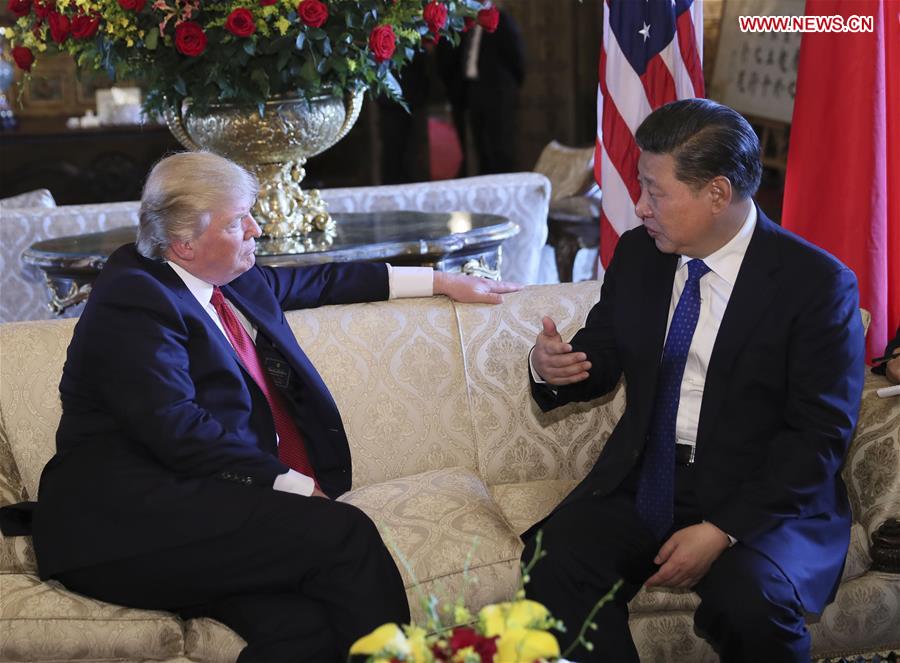BEIJING, Jan. 1 (AFP) – The presidents of China and the US have exchanged messages vowing to boost cooperation despite a bruising trade war on the 40th anniversary of the countries’ diplomatic relations, Chinese state media reported.

Tensions between Beijing and Washington soared in 2018 over trade disputes, although US President Donald Trump has frozen the latest planned tariff hike and on Saturday reported “big progress” after a call with his counterpart Xi Jinping.
In the messages sent Tuesday, Xi underlined the importance of working with the US “to advance China-US relations featuring coordination, cooperation and stability”, state news agency Xinhua reported.
According to Xinhua, Trump praised the last four decades of diplomacy between China and the US, hailing his “solid friendship” with the Chinese leader.
Washington and Beijing imposed tit-for-tat tariffs on more than $300 billion worth of goods in total two-way trade last year, locking them in a conflict that has begun to eat into profits and contributed to stock market plunges.
Trump initiated the trade war because of complaints over unfair Chinese trade practices — concerns shared by the European Union, Japan and others. Since the two leaders agreed on a truce on the sidelines of the G20 summit meeting in Buenos Aires, however, there have been small signs of progress — and an absence of new threats from Trump.
China and the US established diplomatic relations on January 1, 1979, with Washington pledging to maintain only non-official ties with Taiwan.
In the same year, late paramount leader Deng Xiaoping, often credited with China’s “Reform and Opening” policy which led to its economic transformation, met US president Jimmy Carter in the United States.
Ties have improved dramatically from their Cold War nadir, though the two countries have since weathered ups and downs over a number of issues including Taiwan, human rights, and trade.
In December, China’s major state-owned grain stockpiler said it had resumed buying US soybeans, and Beijing announced it would suspend extra tariffs on US-made cars and auto parts starting January 1.


